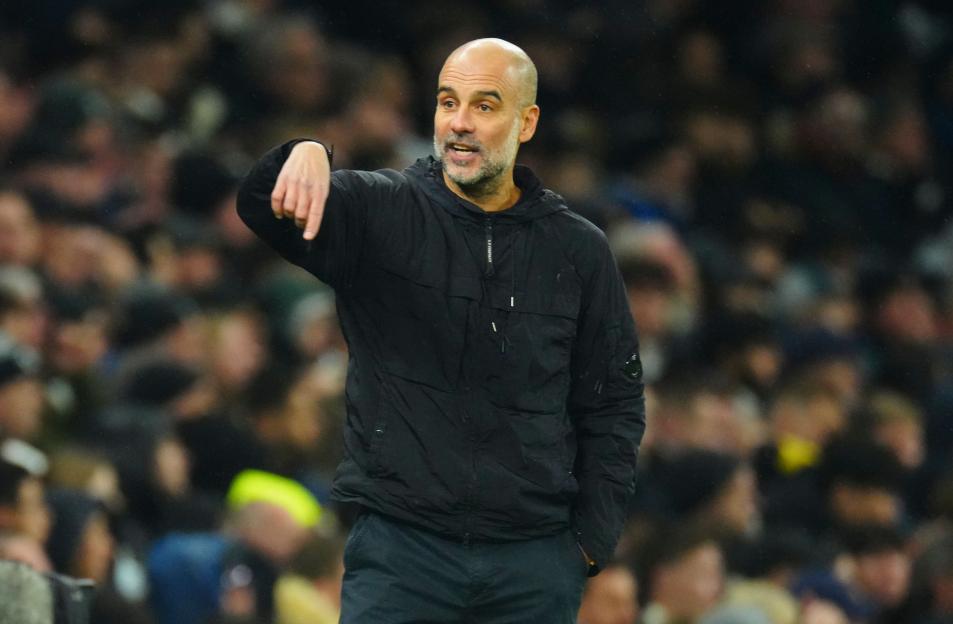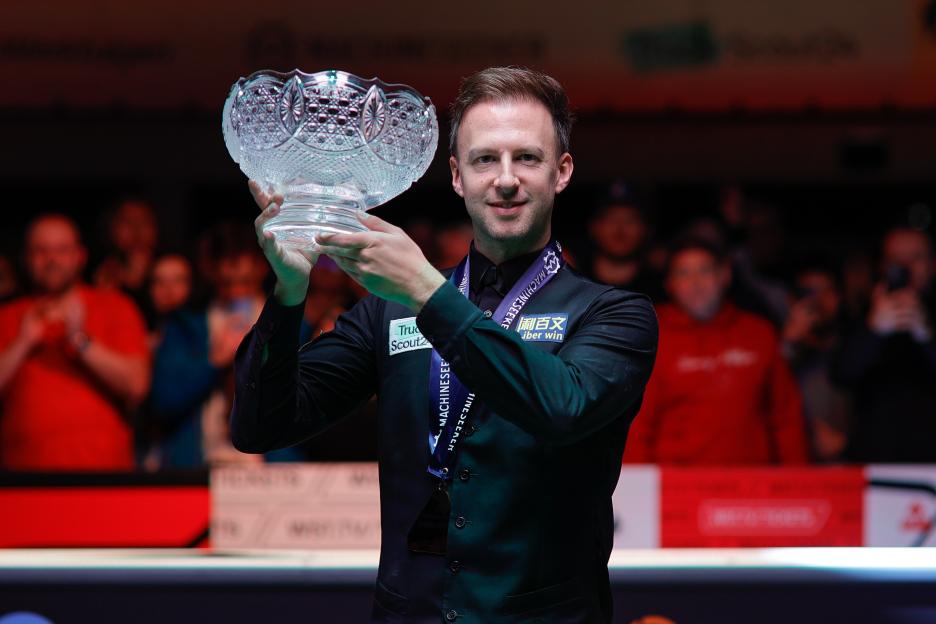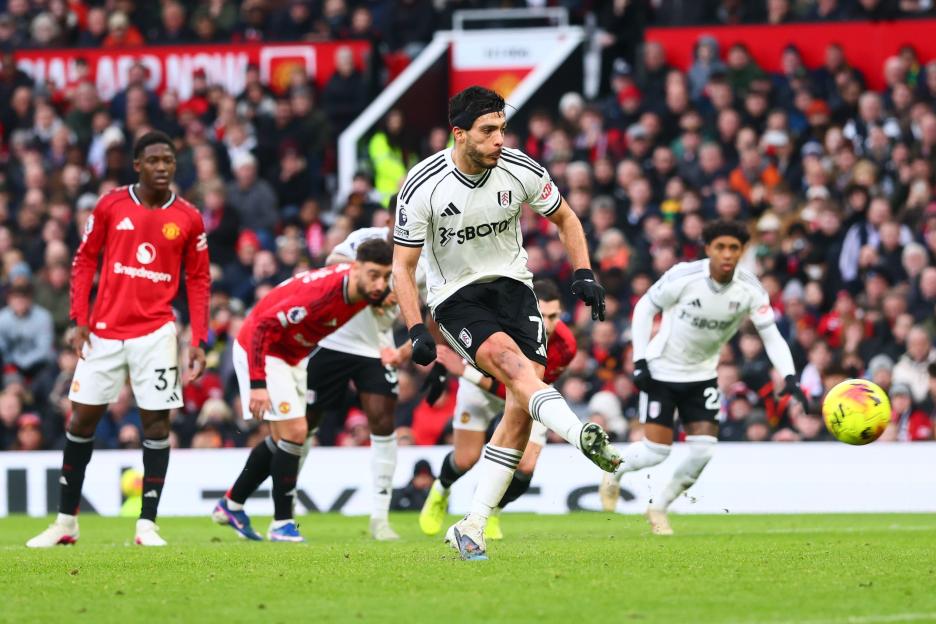ALMOST half of women have faced sexist jibes while playing sport â with many being told they “throw like a girl”, “look like a man”, or are “not strong enough”.
The shocking stats come from a UK-wide survey of 3,000 and amateur players, revealing the widespread abuse women face on and off the pitch.
 Former Team GB Olympian Sam Quek, won gold in the 2016 Games for Britain in hockey
Former Team GB Olympian Sam Quek, won gold in the 2016 Games for Britain in hockeyThe poll found 42 per cent had been told women weren’t as good at as men, while nearly one in three (32 per cent) had been labelled “soft” or inferior.
Male strangers on the street (47 per cent), male athletes (44 per cent), and even male coaches (36 per cent) were named as the most common culprits behind the abuse.
Dr Pallavi Bradshaw, deputy chief medical officer at AXA Insurance, which commissioned the research, said: “It can be a lose-lose situation for women sometimes.
“Despite the progress which has been made to improve access to women’s sport, the research shows there’s still a long way to go to making sport an equal playing field for all.
“Comments about physical ability or derogatory statements about gender have no place in sport or exercise.”
Other barriers holding women back include â with 39 per cent saying their performance was affected â and 29 per cent reporting low energy levels.
said: “Speak up and you’re difficult â stay quiet, and you’re weak.
“As a woman in sport, I’ve experienced and also heard a number of insults, problems and accusations.
“‘Oh, she’s hormonal, oh, she’s on her period, she throws like a girl, she’s not strong enough â the list is endless.
“One area in women’s sport which I have loved to see evolve is the menstrual cycle and women’s periods, because whether you like it or not, it does affect sporting performance.
“We are not using it as an excuse, we just needed a greater understanding.”
The research also revealed that 78 per cent believe female athletes don’t get the credit they deserve, despite 94 per cent of parents saying it’s important to set a good example when it comes to exercise.
Shockingly, 58 per cent of women who’ve been on the receiving end of sexist abuse admitted it made them consider quitting sport altogether.
To change things, nearly nine in ten (88 per cent) said people in sport, from coaches to spectators, need to do more to stop the abuse.
Suggestions include calling out bad behaviour (74 per cent), promoting equal chances (65 per cent), and praising women when deserved (56 per cent).
Dr Bradshaw added: “Sport and exercise â from running to, lacrosse to lifting weights, can have huge benefits both physically and mentally, and help keep bones, joints and muscles healthy as we age.
“It’s important we ensure that women are treated fairly, so we need to normalise flexing training plans to suit women’s needs, such as using the stages of the menstrual cycle to benefit training.
“We know that certain stages of the cycle women can feel more fatigued, but there are stages where they might feel stronger, too â so they can use this to their advantage.
“Women menstruating are also more likely to suffer injuries, so this should be factored into training plans.
“And as female athletes get older, we need to ensure they have the confidence to challenge expectations and reset their own priorities to find what works best for them, rather than giving up entirely.”
Sam Quek added: “Sport for me is magical. It’s for everyone.
“To any female involved in sport who has been told they’re too much â you’re not, you’re you. And to any female who has been told we’re not enough, we are enough.”
 Shockingly, 58 per cent of women who’ve been on the receiving end of sexist abuse admitted it made them consider quitting sport altogether
Shockingly, 58 per cent of women who’ve been on the receiving end of sexist abuse admitted it made them consider quitting sport altogether







